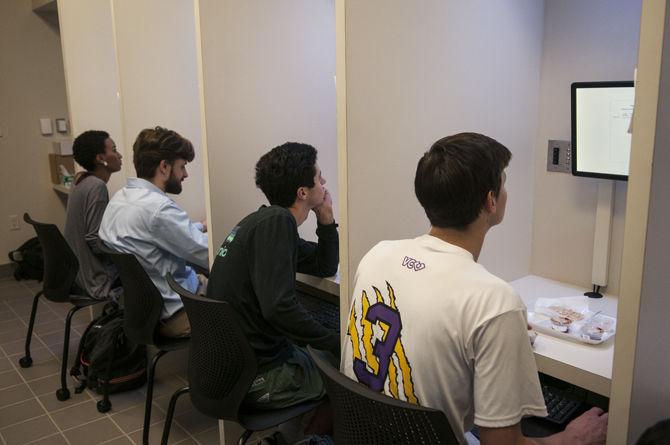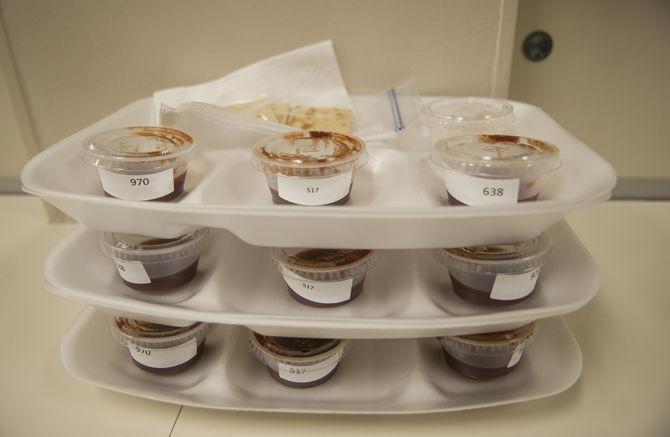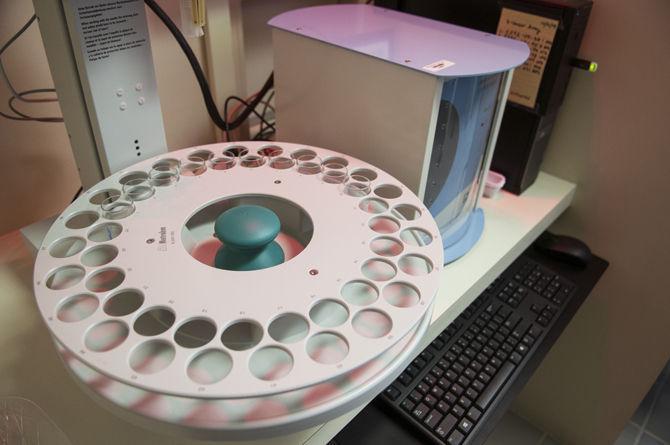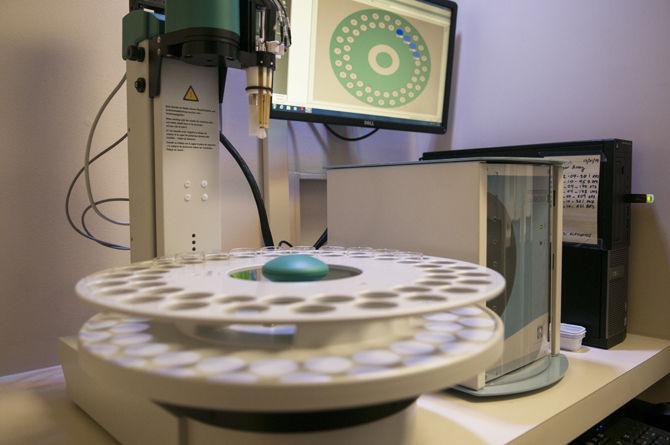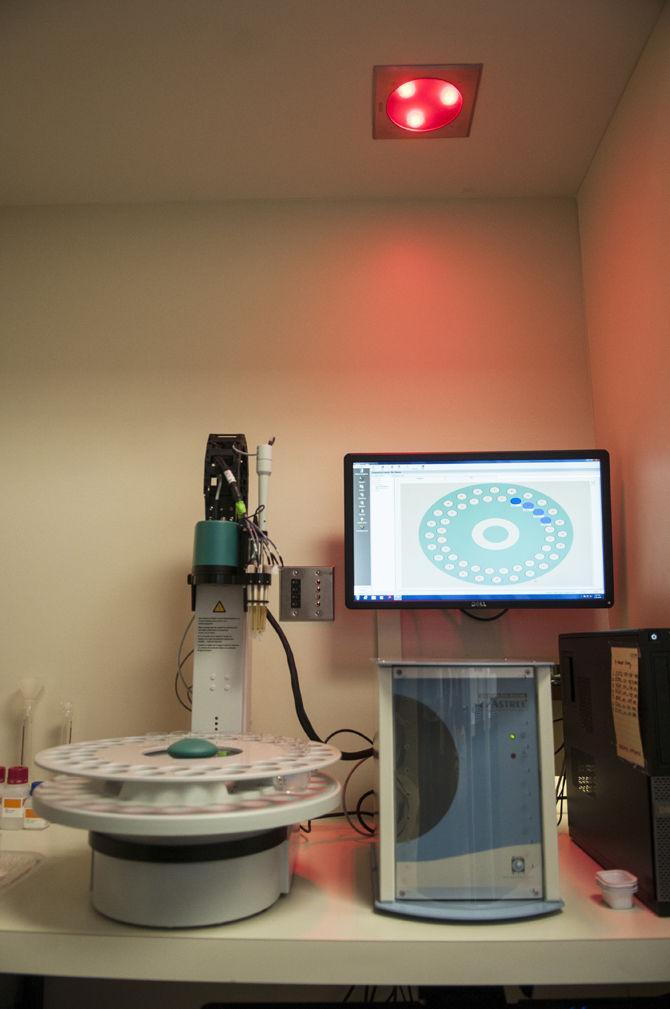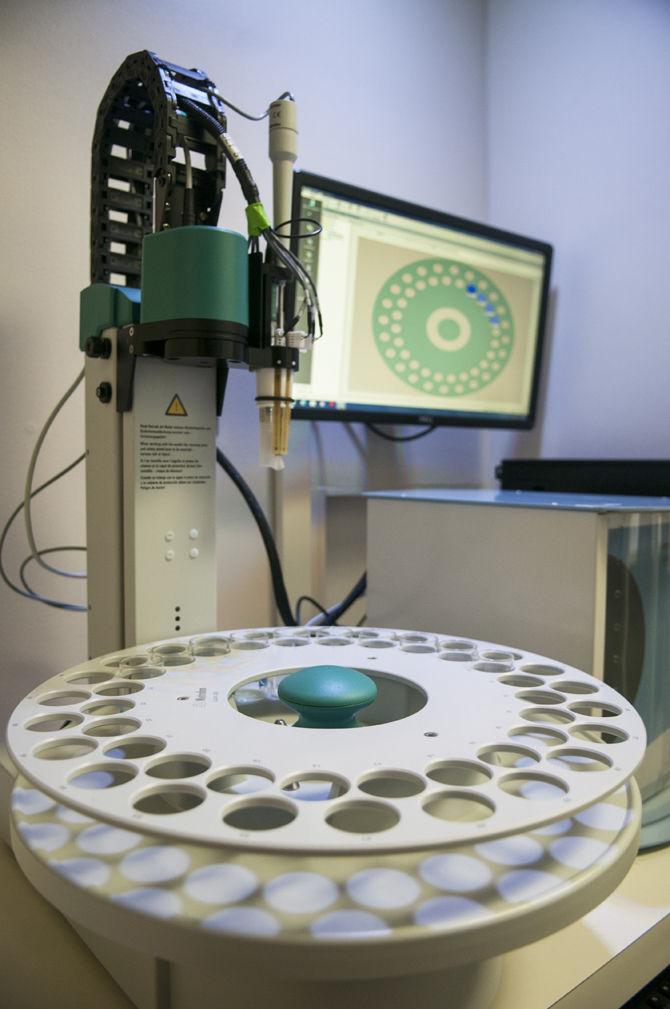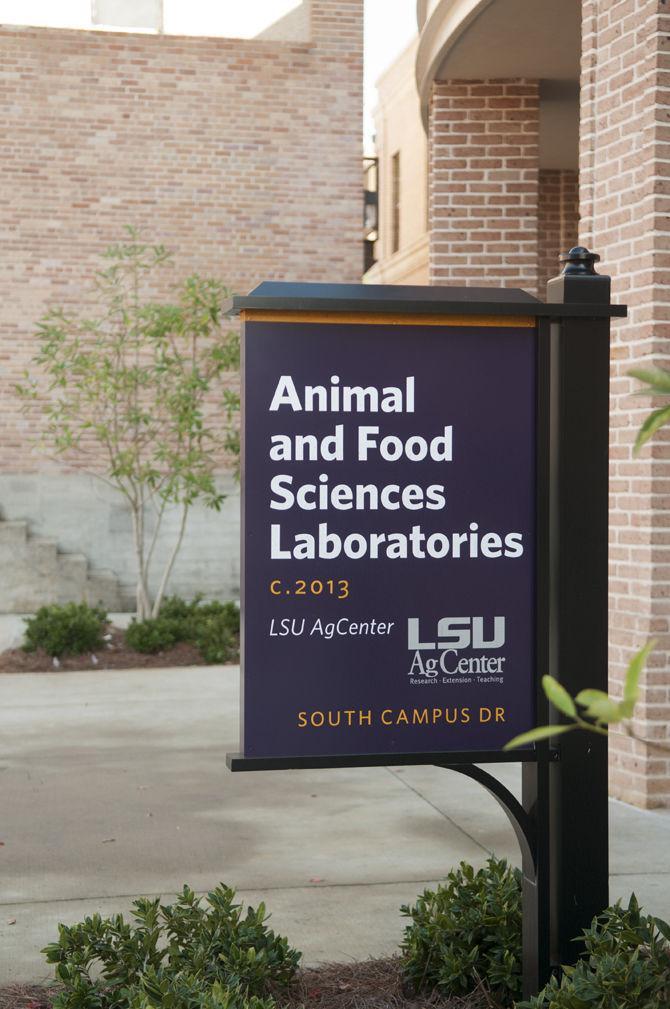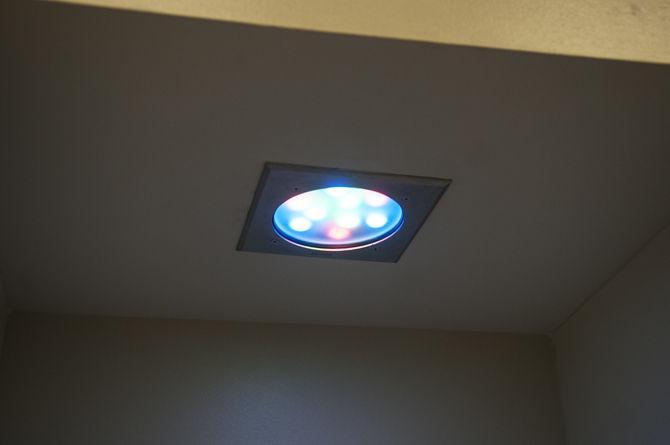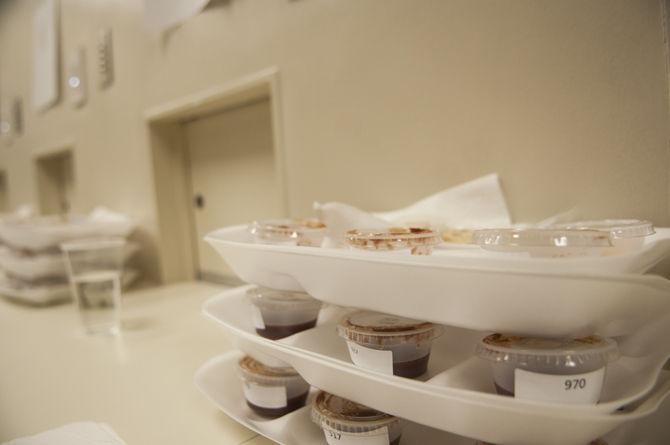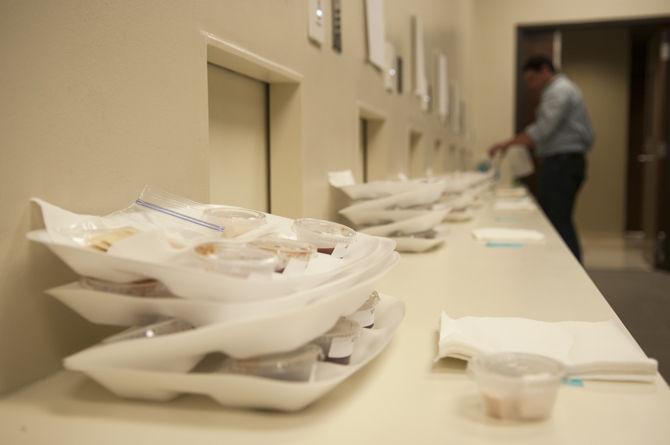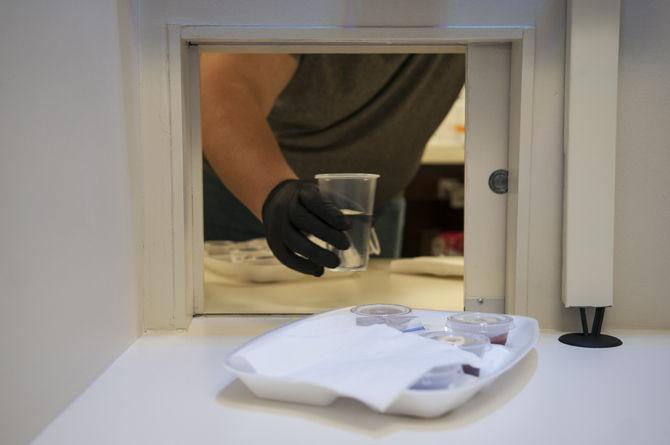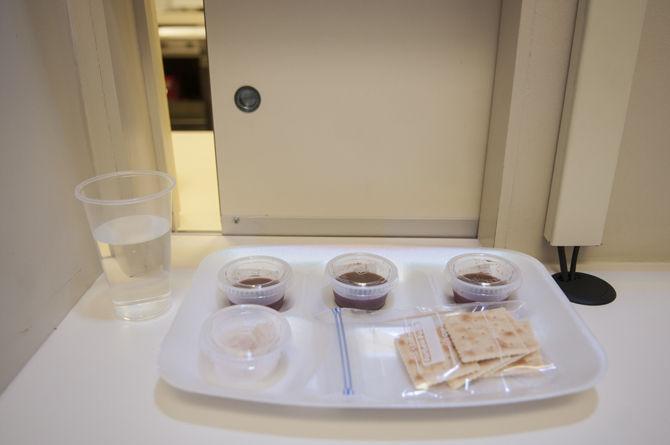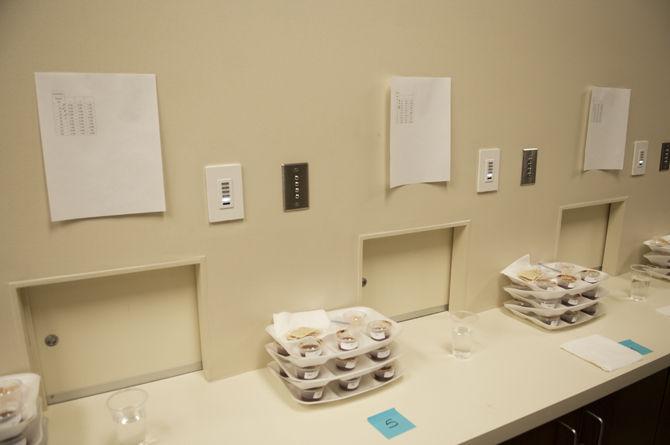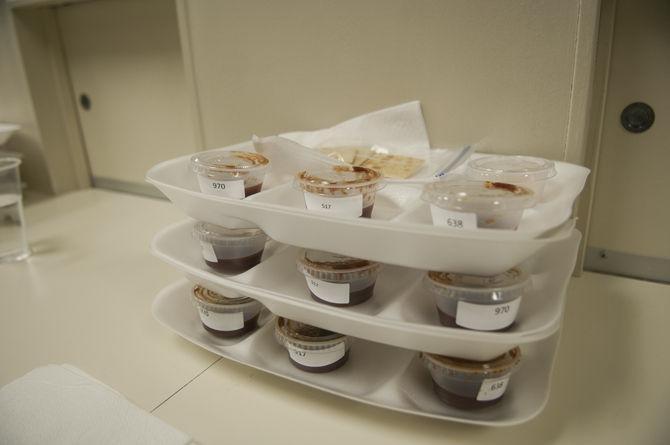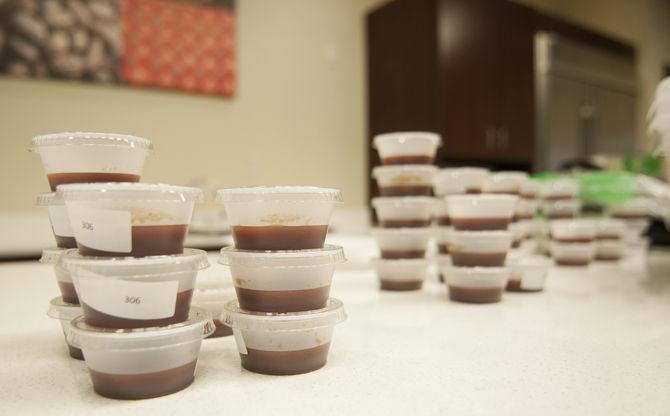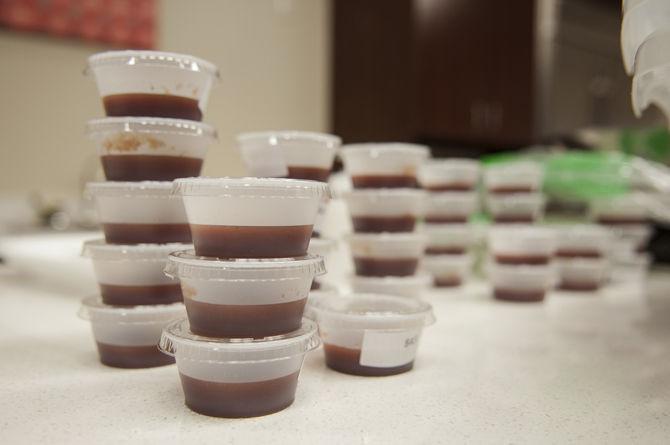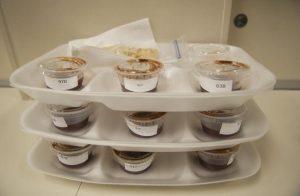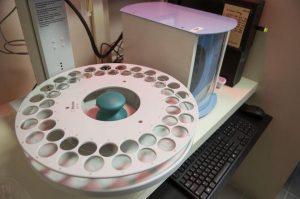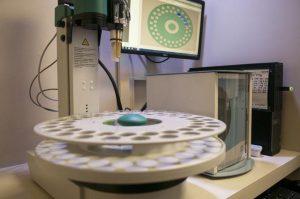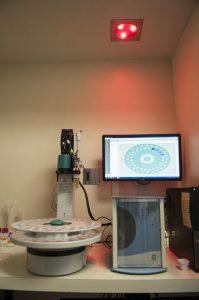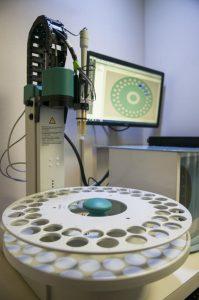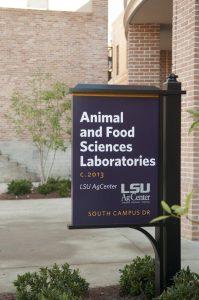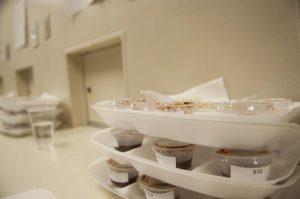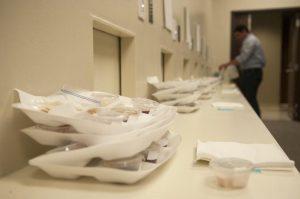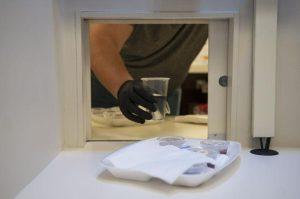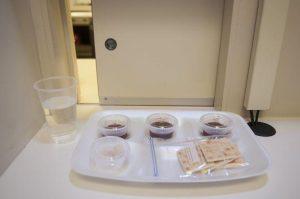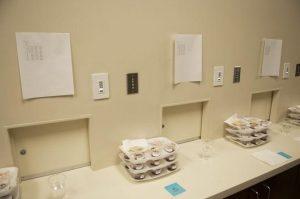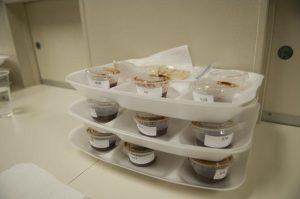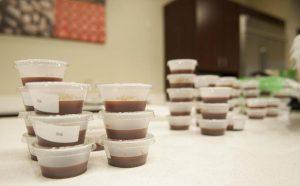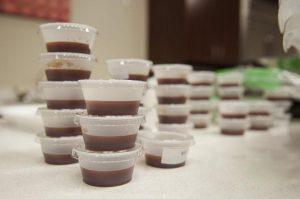The first floor of the Animal and Food Sciences Laboratories Building houses the LSU AgCenter Sensory Analysis Center, a facility smelling of barbecue sauce, or possibly cake, depending on the day.
Sensory analysis can be done on a variety of products, such as fragrances, personal care products, supplements and paint. Graduate students and professors use the center to test new products and conduct research.
“Generally in this lab, students are working on product formulation, human perception,” food science professor Witoon Prinyawiwatkul, who oversees the center, said.
While there is technology that can test different characteristics of food, such as its texture, having the lab allows researchers to test how successful a product may be in the market, Prinyawiwatkul said.
“We have in our department a lot of machines, but the machine cannot tell me whether a consumer will buy it,” Prinyawiwatkul said. “You always have to have instrumentation and human perception together.”
The Sensory Analysis Center has been a part of campus since 1996. In 2014, the AgCenter reopened the center after moving it into a new building and renovating it into a state-of-the-art facility, center manager Ashley Gutierrez said. The system in place for collecting data was computerized in 2015.
Use of the center is also available to companies. The company clientele has been mostly local, but the center is looking to offer its services to regional and national companies in the future, Gutierrez said.
“There’s a lot of different things that you can test, or that a company can test, using this facility,” Gutierrez said. “It’s not just limited to food, it’s not just referring to the taste of the product.”
The center is equipped with 16 partitioned sensory booths, designed to minimize bias, Gutierrez said. The lighting can be adjusted to minimize color differences between samples, and a partition allows samples to slide into the booth with minimal interaction. There is a preparation area outside the booth so the sample can be prepared without the consumer seeing.
“The most important thing is reducing the bias of consumers from the environment because now we have a nice set-up, an appropriate set-up,” doctoral student Kennet Carabante said. “My favorite parts of the lab are definitely booths and the computer system.”
Other features of the center include a demo kitchen equipped with video equipment, where companies can test preparation of a food product and receive consumer feedback, an observation room to conduct focus groups and an electronic tongue which can measure various aspects of a food product, such as its acidity.
The Sensory Analysis Center recruits panelists about once a month and has an online link where people can register to be consumers. The center is working on compiling a database of those consumers, called “Tiger Tasters.”
“What we want is to have students, faculty and staff from LSU and eventually from the Baton Rouge community to be able to come in and participate in these studies,” Gutierrez said.
Sensory Analysis Center offers services, equipment to test products
By Tia Banerjee
January 20, 2016
Consumers answer a series of questions about the barbecue sauce they are testing Wednesday, Jan. 20, 2016 at the Sensory Analysis Center.
More to Discover



